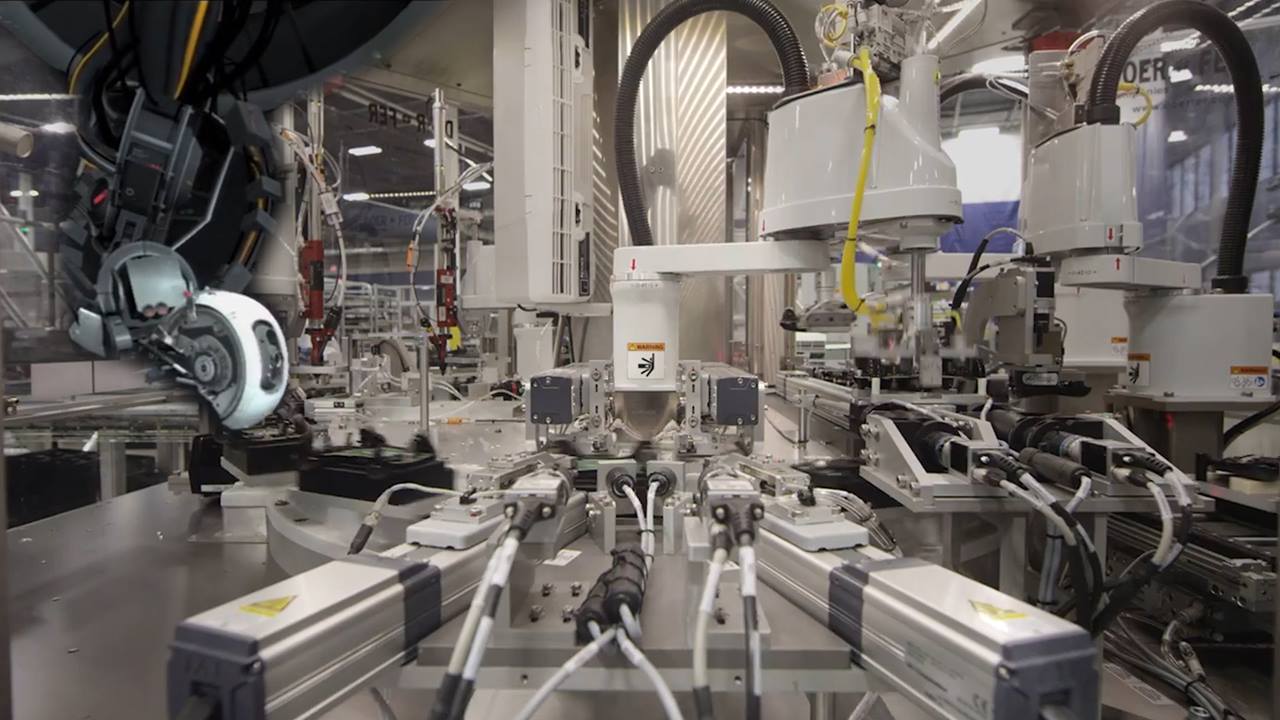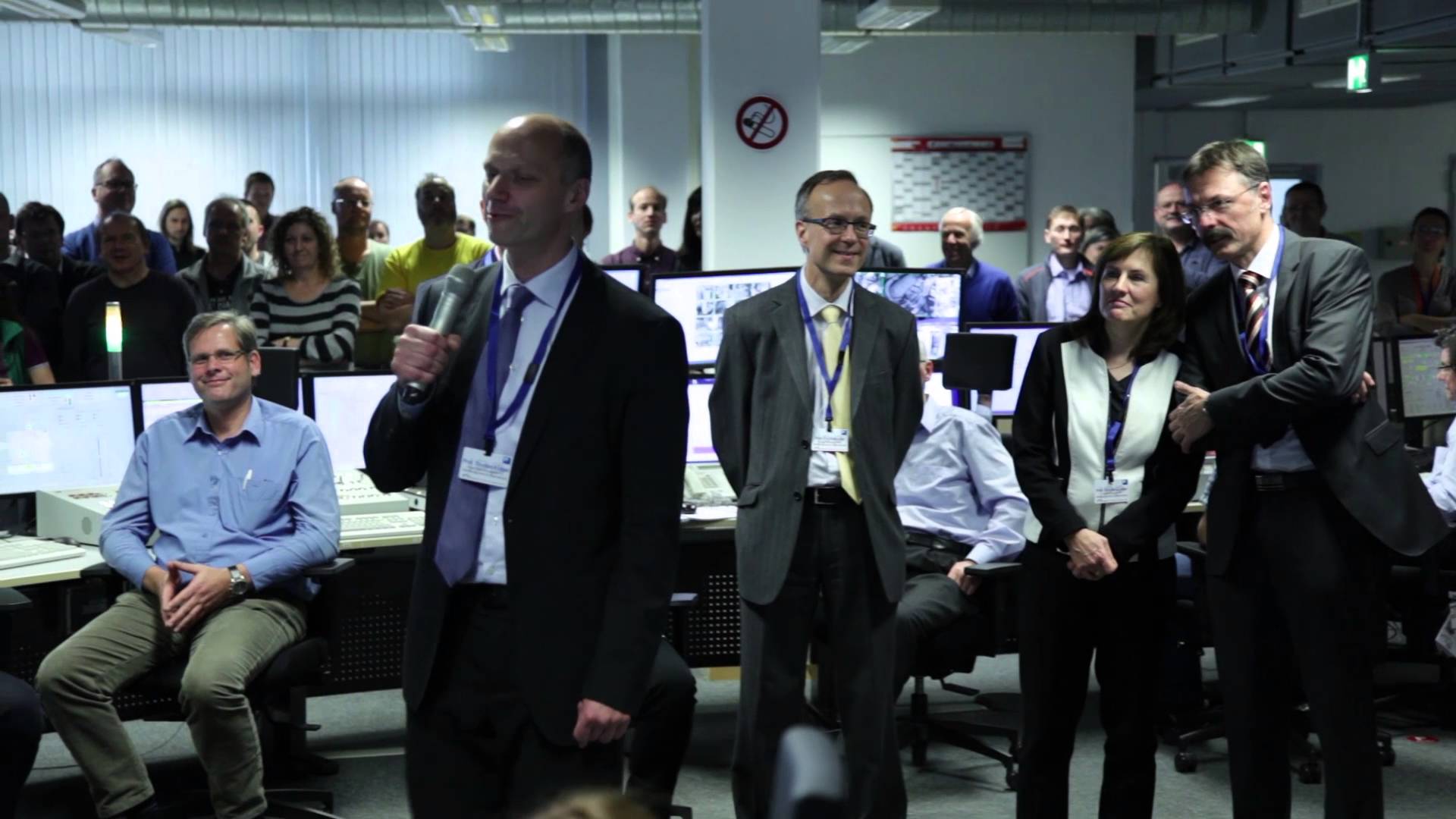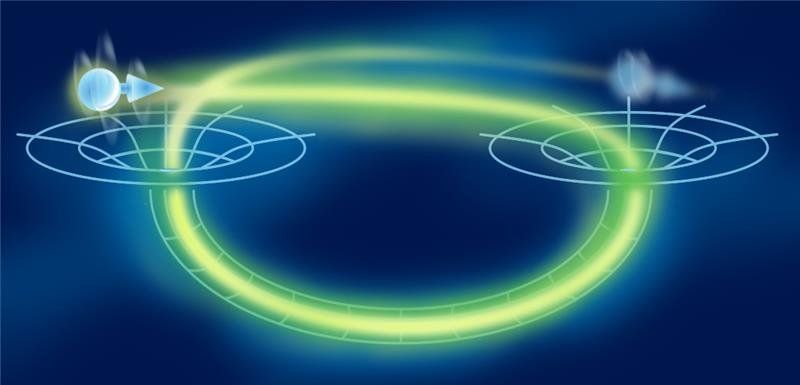Dec 14, 2015
World’s most sensitive dark matter detector gets better
Posted by Andreas Matt in categories: cosmology, particle physics
LEAD, S.D. [Brown University] — The Large Underground Xenon (LUX) dark matter experiment, which operates nearly a mile underground at the Sanford Underground Research Facility (Sanford Lab) in the Black Hills of South Dakota, has already proven itself to be the most sensitive dark matter detector in the world. Now, a new set of calibration techniques employed by LUX scientists has again dramatically improved its sensitivity.
Researchers with LUX are looking for WIMPs, weakly interacting massive particles, which are among the leading candidates for dark matter. “It is vital that we continue to push the capabilities of our detector in the search for the elusive dark matter particles,” said Rick Gaitskell, professor of physics at Brown University and co-spokesperson for the LUX experiment. “We have improved the sensitivity of LUX by more than a factor of 20 for low-mass dark matter particles, significantly enhancing our ability to look for WIMPs.”
The new research is described in a paper submitted to Physical Review Letters and posted to ArXiv. The work re-examines data collected during LUX’s first three-month run in 2013, and helps to rule out the possibility of dark matter detections at low-mass ranges where other experiments had previously reported potential detections.
















